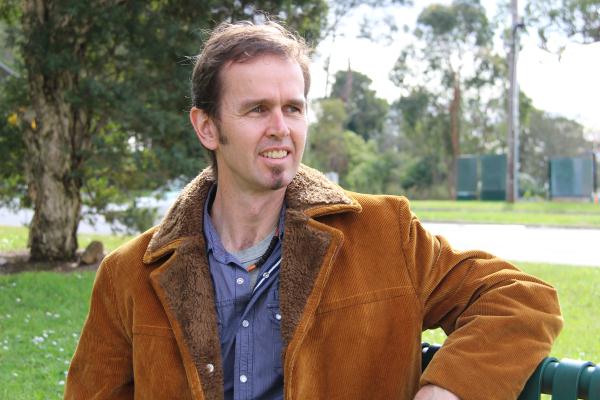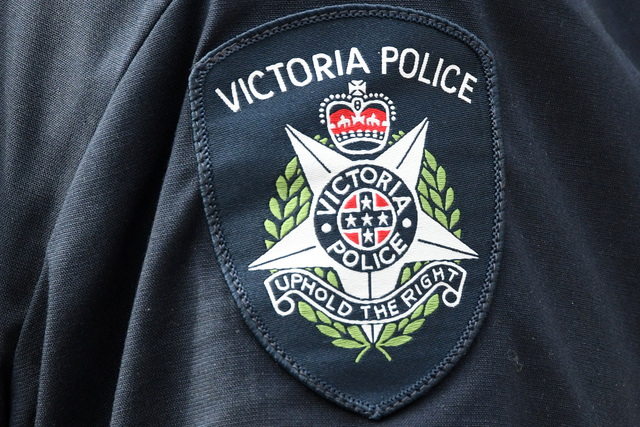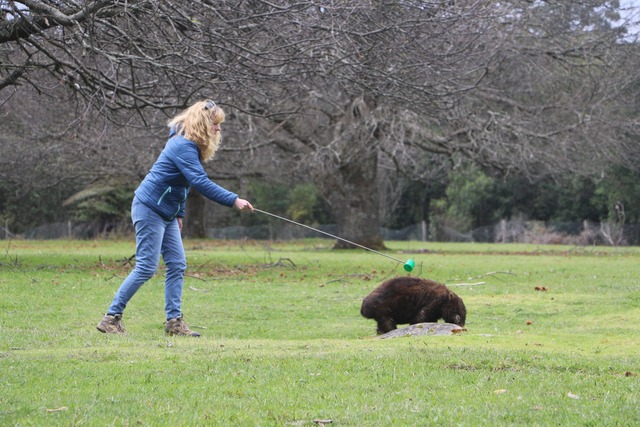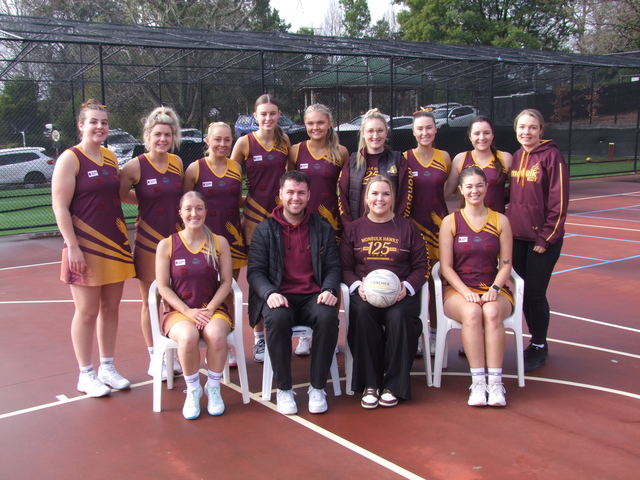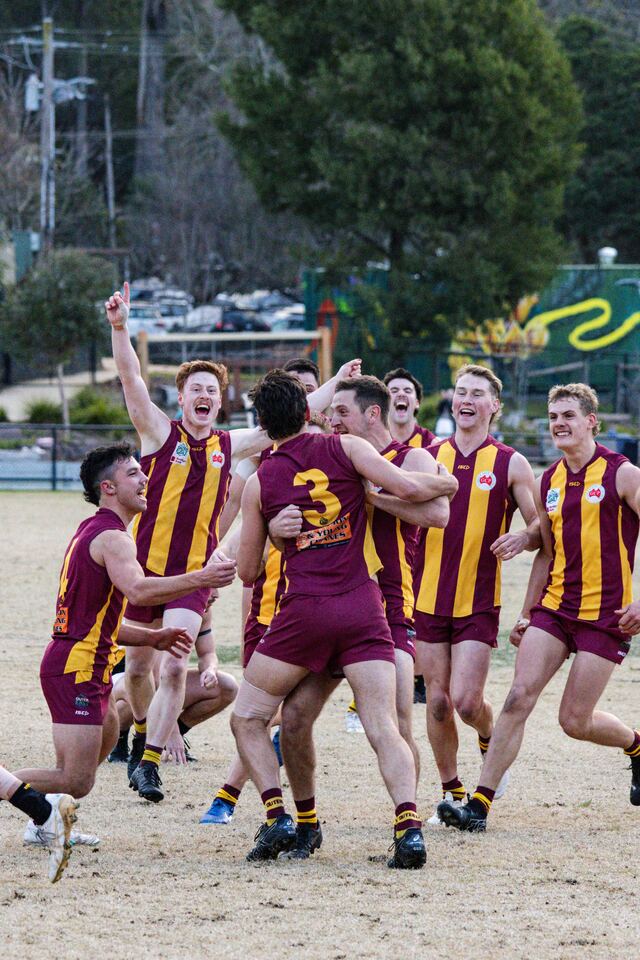By EMMA SUN
Parkinson’s is normally thought to be an older person’s disease. Emma Sun reports…
DRYING off after taking a shower, putting clothes on, tucking in a shirt.
These are seemingly simple tasks that many people do without a thought.
But for Young Onset Parkinson’s sufferer Geoff Pearson, they are things he struggles with on a daily basis.
The Cockatoo resident was diagnosed with the condition at 42.
Now 46, Mr Pearson said he didn’t think much of it when he was first told by his neurologist.
“You know when a kid falls over and you look at the kid, he looks up at the people around him and if you make a fuss he starts crying, if you laugh it off he just bounces up and keeps going,” he said.
“The neurologist I was dealing with was very matter of fact, so I didn’t actually really care and I didn’t really engage with it.
“When you’re first diagnosed, the effects aren’t always bad and for me it was just a tremor and wasn’t affecting me as much.”
Parkinson’s is a degenerative neurological disorder that affects the control of body movements, caused by damage to dopamine producing cells.
While it is widely known as an older person’s disorder and commonly seen in people aged above 50, it can also affect people as young as 20.
About 20 per cent of Parkinson’s suffers are aged between 30 and 50.
Mr Pearson said he had noticed the condition to be more aggressive in younger people.
He said his neurologist told him he could be in full time care within five to 10 years as a worst case scenario, or simply continue with his life with very little care as the best case.
As time went by, he saw his condition worsen at a rapid rate.
“I’ve probably ended up more towards the former than the latter,” he said.
“A lot of little things that for the first 45 years of my life I’ve never had a problem with, in the past 12 months I’ve been having trouble.
“The best I can do is keep fit and to eat well and keep positive and enjoy the capabilities I’ve got while I’ve still got them.”
Mr Pearson takes medication to deal with the symptoms.
But he said every morning could vary quite differently in terms of his mood and physical capabilities.
“Some days I’ll get up I’ll be fine and ready to go to work straight away but other mornings it can take me until lunch time to actually start moving, to be able to stand and walk and move my arms,” he said.
The condition hasn’t just been a struggle for Mr Pearson.
It has also taken a toll on his family.
“The people who have had the greatest shock by it have been my friends and family – my parents are pretty shattered by it and my partner has been incredibly stoic, it sort of knocks her around as well,” he said.
“She’s got to deal with the fact that in future years I might well be quite an imposition on her.”
Despite the frustration of it all, Mr Pearson has taken on his condition in a positive way.
He has channeled his efforts into getting more awareness for Young Onset Parkinson’s, reaching out to other young people who might have trouble dealing with their disorder or are “in denial”.
He urged those who feel they might have the condition or get diagnosed to speak to their GP to get a referral to a neurologist, and make use of support services.
“Parkinson’s Victoria provide a wonderful service, they have been very supportive and wonderful and help me keep on top of it,” he said.
“A lot of people tend to withdraw into their shell a bit, and that’s the worst thing you can do, you need to tell friends and family and build a support network.
“It’s a journey for all of us, for sufferers, friends and family and work colleagues.”
Anyone looking for more information can visit www.parkinsons.org.au.

